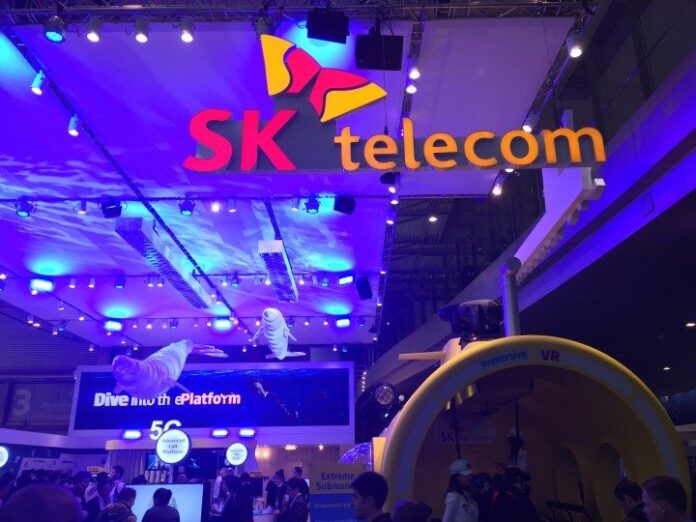South Korean mobile operator SK Telecom expects to reach 6-7 million subscribers in the 5G segment by the end of 2020, the company’s CFO, Poong-Young Yoon, said durin a conference call with investors.
At the end of last year, the operator reached 2.08 million 5G subscribers, the executive said.
“While there were some competition during the initial stages of 5G adoption last year, this year we will maintain the currently stable market order and execute efficient marketing costs and focus on growing the 5G subscriber base through service competitiveness,” he added.
To achieve this goal, SK Telecom plans to focus on providing new 5G services this year through partnerships with large foreign and Korean companies, the executive said.
“We believe that the continued growth for 5G subscribers, as well as the growth in data usage will gradually bring positive contribution to our profit. We have seen the market stable a lot more beginning from Q4 last year, and we expect this trend to continue into this year,” he added.
SK Telecom said that its net income declined 72.5% last year from a year earlier due to reduced equity gains from its chip-making affiliate. In a regulatory filing, the telco reported a net income of 861.9 billion won ($725.9 million) last year, down from 3.1 trillion won in 2018.
The company said that operating profit for the year fell 7.6% on-year to 1.11 trillion won, although its annual revenue grew by 5.2% year-on-year to a record 17.74 trillion won.
Rival operator KT ended 2019 with a total of 1.42 million subscribers in the 5G segment. The telco experienced a slowdown in the adoption of 5G subscriptions as net additions during the last quarter of the year amounted to 363,000, down from 636,000 in the third quarter.
Meanwhile, LG U+ reported that it closed last year with a total of 1.16 million 5G subscribers. The carrier’s 5G subscriber base increased by 33.1% during the fourth quarter of 2019.
South Korean carriers SK Telecom, LG Uplus and KT initially launched 5G services in the country in April last year.
The three Korean carriers launched limited 5G commercial services in December 2018 as part of an agreement with the ICT ministry to launch simultaneously to avoid excessive competition. The three mobile carriers initially launched the 5G service in limited areas in Seoul.
In June 2018, South Korea completed a tender process through which it awarded spectrum in both the 3.5 GHz and 28 GHz bands. The government made available a total of 280 megahertz in the 3.5 GHz spectrum band and 2,400 megahertz in the 28 GHz band.

